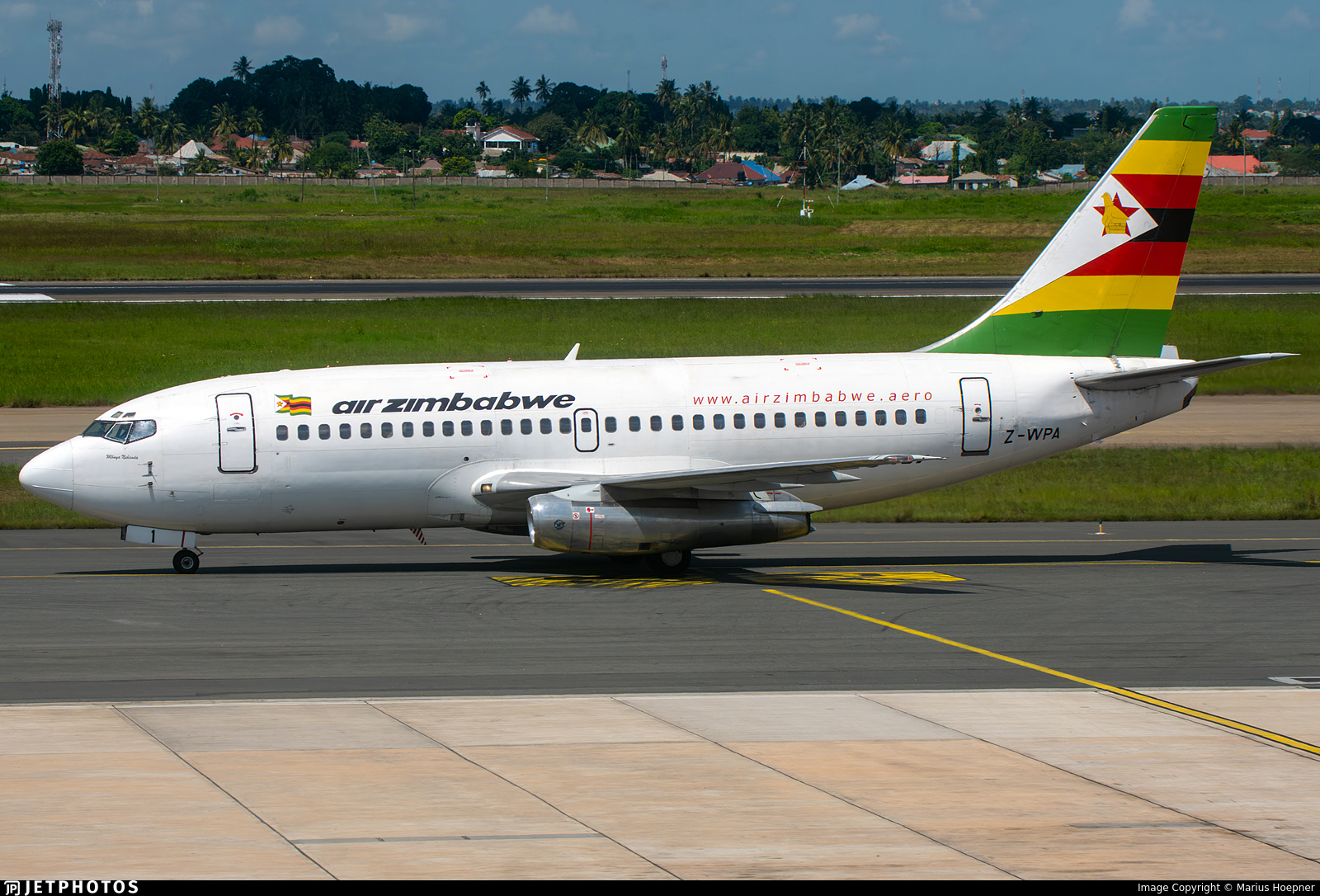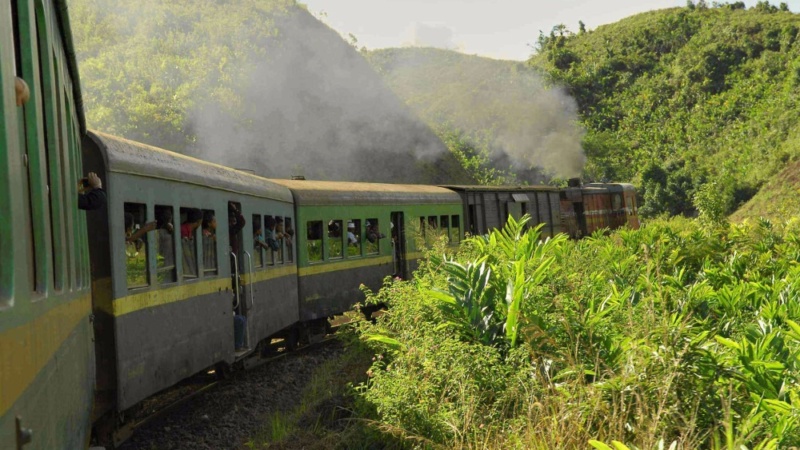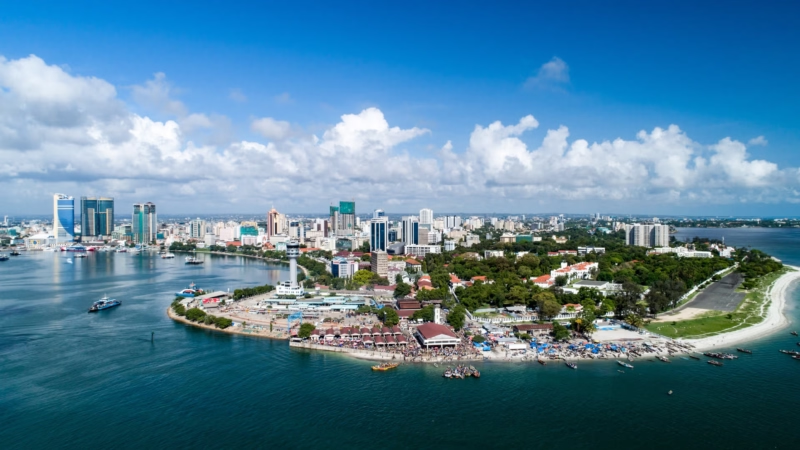Air Zimbabwe Faces Legal Battle Over DRC Stranding: Lessons for African Aviation Risk Management

The unfolding legal dispute between Air Zimbabwe and Jetex (Pvt) Ltd has cast a spotlight on the operational and financial vulnerabilities that African airlines can face when navigating complex regional environments. The case, which involves a claim of USD 210,000 in costs incurred during the stranding of an Air Zimbabwe aircraft and its crew in the Democratic Republic of Congo (DRC), offers critical insights for the continent’s aviation sector as it seeks to expand its footprint and partnerships across Africa and beyond.
Earlier this year, Air Zimbabwe’s Boeing 767-200ER became the center of an international incident after being grounded in Goma, a city in eastern DRC, amid escalating conflict in the region. The aircraft had been wet-leased to Mont Gabaon Airlines, a DRC-based startup, under a contract that was ultimately cancelled when the security situation deteriorated and the plane was unable to depart as planned. The grounding left the aircraft and its 14-member crew stranded for 17 days, exposing both the airline and its partners to significant logistical and financial challenges.
During this period, Jetex (Pvt) Ltd, a local air service provider, stepped in to cover a range of essential expenses. These included crew food, accommodation, per diems, ground handling, maintenance, parking, logistics, and other related costs. According to Jetex, these expenditures were made with the understanding that Air Zimbabwe would reimburse the company once the aircraft and crew were safely repatriated. However, with the aircraft eventually returning home but the debt remaining unpaid, Jetex has now taken legal action to recover the funds, filing a lawsuit for the full amount of USD 210,000[[2]](https://bulawayo24.com/index-id-news-sc-national-byo-257588.html).
This episode underscores the risks inherent in cross-border aviation operations, particularly in regions where political instability and conflict can rapidly disrupt even the most carefully laid plans. For African airlines, the incident serves as a stark reminder of the importance of robust risk assessment and contingency planning when entering into wet-lease agreements or other forms of operational partnerships. The DRC, with its history of conflict and unpredictable security environment, presents unique challenges that require airlines to be especially vigilant in their contractual arrangements and crisis management protocols.
From a business perspective, the dispute also highlights the financial fragility that can afflict airlines operating in Africa’s competitive and often volatile aviation market. Air Zimbabwe, already grappling with significant financial pressures and a history of operational setbacks, now faces additional legal and reputational risks as a result of the lawsuit. The airline’s ongoing struggles are emblematic of broader challenges facing many African carriers, including limited access to capital, high operating costs, and exposure to external shocks such as regional conflicts or sudden regulatory changes.
For the wider African aviation community, the Air Zimbabwe-Jetex case offers several key takeaways. First, it underscores the necessity of clear contractual terms and well-defined responsibilities when entering into wet-lease or charter agreements, especially in high-risk environments. Ensuring that all parties understand their obligations in the event of unforeseen disruptions can help mitigate disputes and facilitate smoother resolution of issues when they arise.
Second, the incident demonstrates the value of strong local partnerships and support networks. Jetex’s ability to provide immediate assistance to the stranded crew was crucial in ensuring their safety and well-being during a period of considerable uncertainty. For airlines operating across Africa’s vast and diverse landscape, cultivating reliable relationships with local service providers can be a vital component of effective crisis response and operational resilience.
Third, the case highlights the growing importance of insurance and risk management solutions tailored to the unique needs of African airlines. As carriers seek to expand their networks and enter new markets, the ability to anticipate and manage risks—whether related to security, logistics, or financial exposure—will be essential to sustaining growth and maintaining competitiveness. This may involve working with specialized insurers, developing comprehensive contingency plans, and investing in staff training to handle emergencies in challenging environments.
Looking ahead, the Air Zimbabwe situation is likely to prompt renewed scrutiny of wet-lease practices and cross-border aviation agreements across the continent. As more African airlines pursue partnerships and fleet-sharing arrangements to optimize capacity and reach new destinations, the need for robust legal frameworks and effective dispute resolution mechanisms will only grow. Industry stakeholders may also look to regional bodies and aviation authorities to provide clearer guidance and support in navigating the complexities of international operations.
For African aviation professionals, the lessons from this case extend beyond the immediate legal and financial ramifications. The incident serves as a catalyst for broader discussions about operational best practices, risk mitigation, and the future of airline partnerships in Africa. As the continent’s aviation sector continues to evolve, embracing these lessons will be critical to building a more resilient, responsive, and sustainable industry—one that can weather the challenges of today while seizing the opportunities of tomorrow.
Ultimately, the Air Zimbabwe-Jetex dispute is a reminder that in Africa’s dynamic aviation landscape, success depends not only on ambition and innovation, but also on careful planning, strong partnerships, and a proactive approach to managing the risks that come with operating in a rapidly changing world.
Originally Published at travelnews.africa






